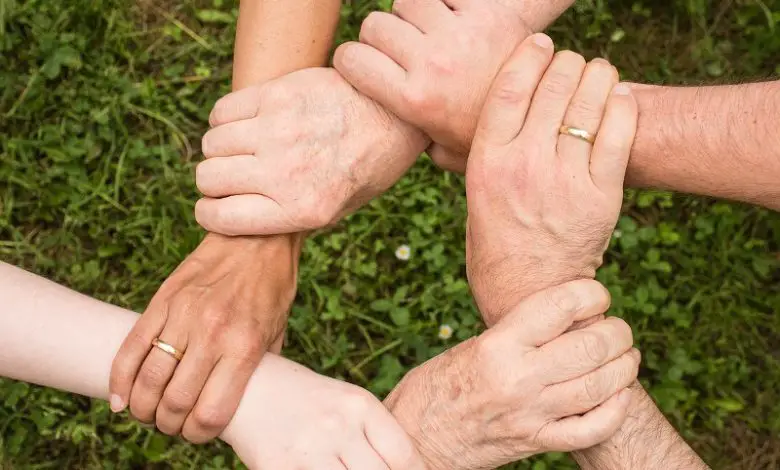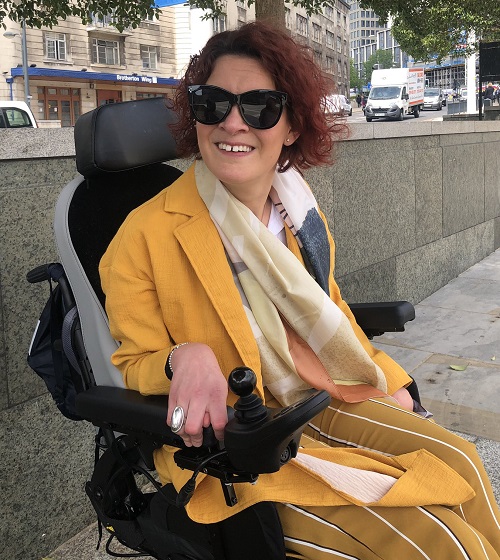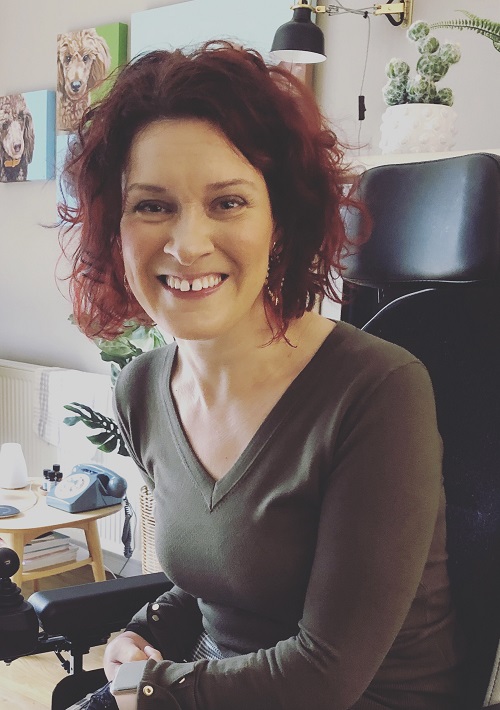
What National Inclusion Week means to me as a disabled woman
To celebrate National Inclusion Week, Dr Lucy Reynolds PhD, who is a public speaker, academic researcher, blogger and advocate for disability rights, offers her insight into the ways that the perceptions of disability can influence disability inclusion.
As someone who is passionate about challenging and changing perceptions of disability, National Inclusion Week is important to me. It is an opportunity to embrace and celebrate our differences and to open up conversations that challenge preconceived ideas around disability.

Inclusion in the workplace
One of the key areas where I hope to be able to help bring about positive and lasting change is in the workplace. Already, due to the Covid-19 pandemic and developments in technology, home-working is providing a fantastic opportunity for disabled people to be included in the workplace.
However, there are still barriers, many of which I’ve encountered myself as a disabled person. Some things are practical, such as certain buildings or rooms being inaccessible, or not being able to write to take notes during meetings.
These make life frustrating as I have always had to adapt my behaviour and either learn to remember things or ask people to follow up in an email.
Other things are more emotive and, whilst many organisations now have a more inclusive culture, I believe that there is a still embarrassment, fear and awkwardness towards disabled people because of the way disability is perceived.
This inevitably impinges on equality in the workplace. For example, colleagues might avoid engaging with disabled people for fear of saying the wrong thing and causing offence.
Speaking openly about disability
What I particularly like about National Inclusion Week is the opportunity to speak openly to people and inform them about my disability.
I have a personal assistant (PA) and, for people who don’t know me, there is often confusion around their position.
As my speech is affected by my cerebral palsy, my PA can explain that they are there to assist when I have difficulty co-ordinating my muscles – she’s not there because I don’t know what to say.

Further than this, because of my speech and movements, people sometimes don’t believe I am capable – they assume I have learning difficulties. I, therefore, always make sure I talk openly about my condition and abilities – not every disabled person is the same.
There also can be a perception that my PAs know everything about me and that we are friends. The reality is that I am their employer, which I think a lot of people don’t realise or forget. I have to be a responsible employer and all that goes with it.
So, for my PAs, it’s a dual role. Sometimes they need to be their own person and engage with me on that basis, while at other times they need to fade into the background, for example when I have personal and professional engagements.
It’s really great that some companies are starting to embrace opportunities to have these kinds of discussions and conversations.
I’m very much looking forward to appearing as a panellist for the disability confident company, Virgin Money later this week. It’s their first virtual ‘Ask me Anything’ session in which they’re looking to explore perceptions and highlight barriers.
For perceptions of disability to change we have to challenge preconceived ideas and unintentional attitudes towards disability. It is opportunities like this that give disabled people a voice and disarm the barriers of disability and promote inclusivity.
By Dr Lucy Reynolds
To find out more about Lucy, visit her blog We Are All Disabled, find her on Twitter @LUCYMR79 or email reynoldslucy@aol.com.
More on Disability Horizons…